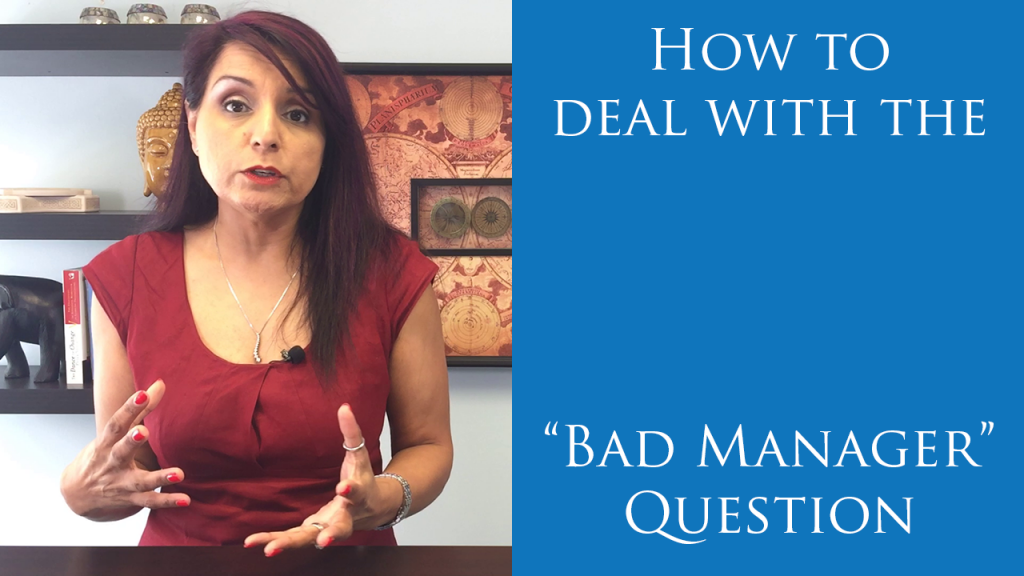Suky explains the differences between a tough manager and a bad manager, and why it’s important to challenge your candidates to understand the difference.
Transcription
Hi I’m Suky from Professional Selection. Today I’d like to talk about what you as a recruiter can do when you have a candidate sitting in front of you and they’re telling you the reason they’ve left their last job is they had a bad manager. We’ve all heard of the saying “people leave managers not companies”, but I would I would question that candidate and try to understand what they mean by a bad manager. Because in my mind there are bad managers and then there are tough managers. They’re not one of the same thing in my mind.
So what’s a bad manager? Well we all know a bad manager is somebody who gives you no support, no leadership, gets you to do the coffee run every day expects you in 6 a.m. every morning and don’t come in themselves till 10 o’clock. We get it, that’s a bad manager. But there’s also the tough manager. To me a tough manager is somebody that’s been pushing you, somebody that’s been stretching you.
At the time your candidate may have felt “oh my god” uncomfortable, awkward, “I hate this”. Yet get your candidate to start thinking about all the stuff they learned under that manager, because if that manager has been putting stuff on that individuals plate, it’s because they’ve got faith in that individual and they’re helping them grow and learn. So I would definitely probe those questions a lot further with a candidate in an interview.
Also, independently you’re the expert in your industry so you speak to many other people from that company quite possibly.
So I would use my network. I would ask them, ask around. You may find that other people that have worked for this individual have fantastic things to say about him or her. So I would definitely do that as well. Coming back to your candidate, as I said, definitely help a candidate understand what they mean by a tough manager. Get them to start thinking about all the stuff they learned, all the stuff they liked because this in return is going to give you a better understanding of the type of manager that this individual is really going to work well with. In return obviously, when it comes to you suggesting a role for them your clients, your candidate, you’ll be able to have a frame of reference whether that individual is going to work well with a tough manager.
So of course all this you will also explore when it comes to taking references. Now if you want some more tips on how to take effective references
look at our earlier videos with regards to that.
Anyway, as always I’m sure there’s many other opinions, would love to hear them, feel free to leave a comment below.
Thanks for listening.



